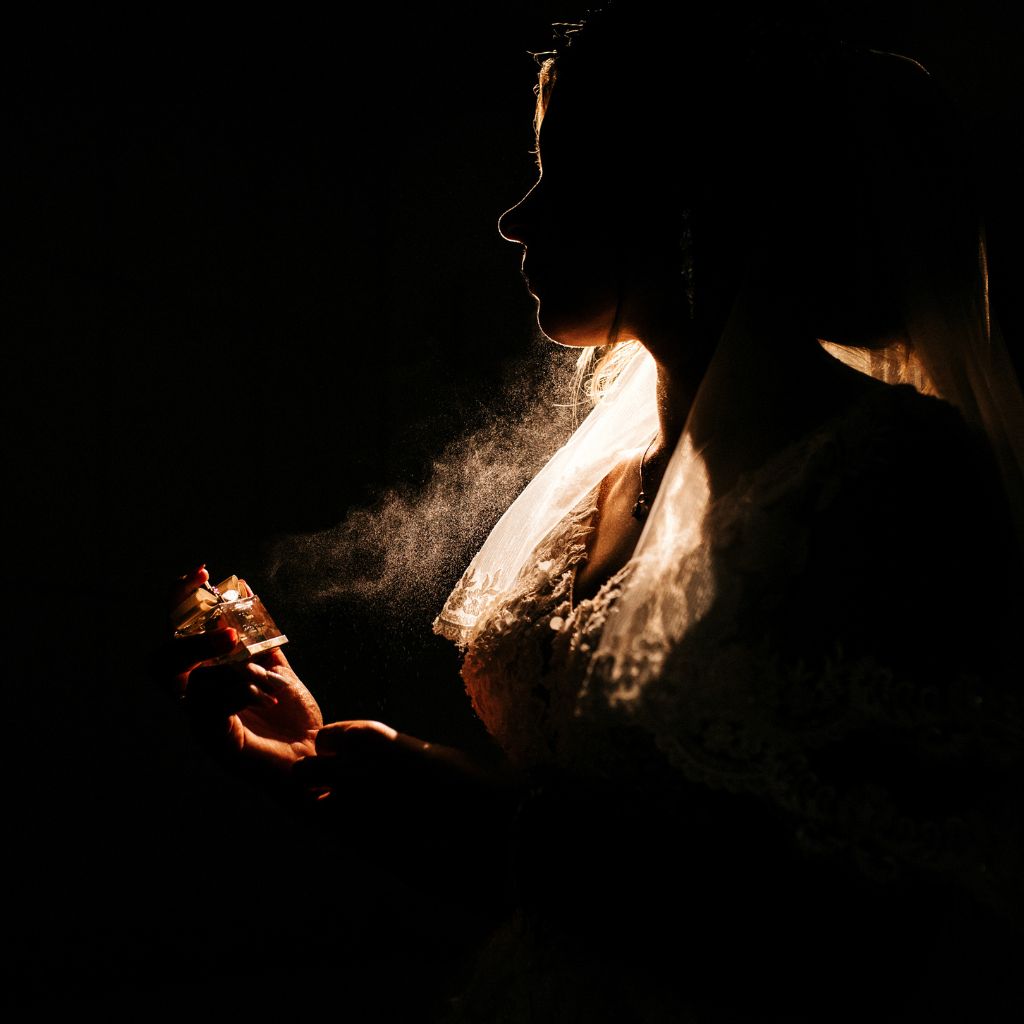Choosing a perfume can feel overwhelming with all the scents and bottles, but with a few simple steps you can find the scent that truly reflects you. Here's a sophisticated yet easy-to-follow guide to help you along the way.
1. Try perfume on your skin – not just in the bottle
Perfume smells different on paper, in the air and on your skin. So always spray on your wrist or the inside of your elbow and let it develop for at least 30 minutes. Your body temperature and natural scent affect how the perfume develops – that’s why the same perfume can smell completely different on different people.
Tip:
-
Try a maximum of three perfumes at a time – your nose will quickly become congested.
-
Let the perfume “breathe” and evaluate it for at least half a day to truly understand how the scent changes.
2. Get to know the fragrance notes
A perfume has different layers, often called top notes, heart notes and base notes.
-
Top notes: The first impression, often fresh and light, which quickly fades.
-
Heart notes: The essence of the fragrance that develops after a few minutes and lasts longer.
-
Base notes: The scent that lasts the longest and gives the perfume its depth and character.
Understanding these layers will help you choose a perfume that truly suits your style and personality.
3. Match perfume to your personality and style
Your fragrance should complement who you are:
-
Personality: Are you classic, energetic or mysterious? Floral or chypre scents often suit the classic, citrus or fruity for the energetic, while oriental notes can add a mysterious touch.
-
Style: A light and casual style can be matched with fresh and airy scents, while a more dramatic style can be complemented with heavier and deeper scents.
Explore different fragrance families : floral, citrus, fruity, spicy, woody or oriental – and you will find what appeals to you the most.
4. Adapt to the season and occasion
Perfumes are not always “a scent for all occasions”.
-
Season: Citrus scents are refreshing in the summer, heavier oriental and woody scents are best suited for autumn and winter.
-
Occasion: A lighter scent for everyday use, a stronger, more intense scent for evenings and special occasions.
5. Other important factors
-
Perfume concentration: Eau de Parfum (EdP) has a higher concentration and lasts longer than Eau de Toilette (EdT).
-
Reviews: Read reviews to get an idea of how the scent develops and lasts in reality.






